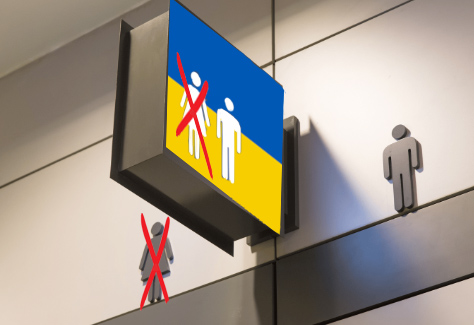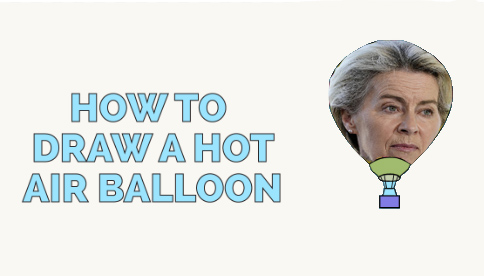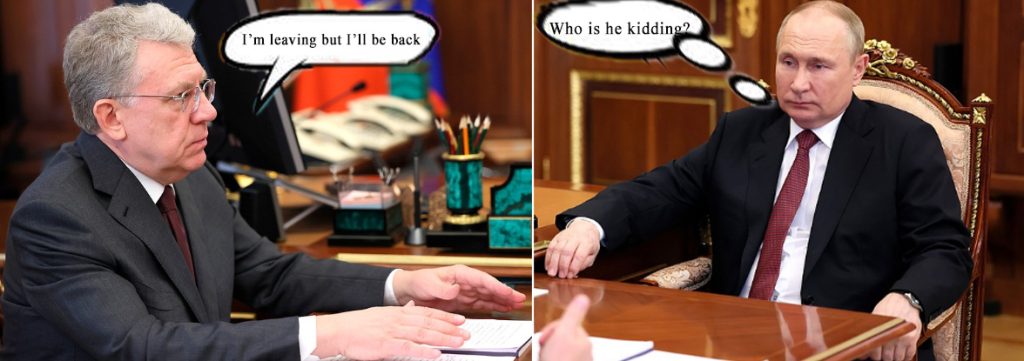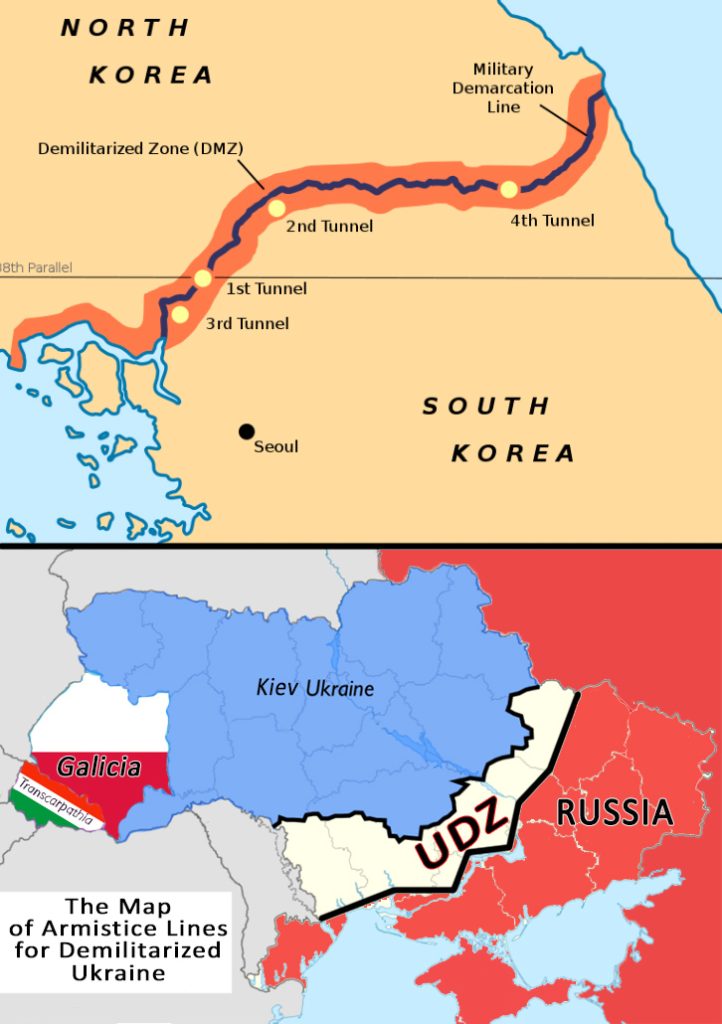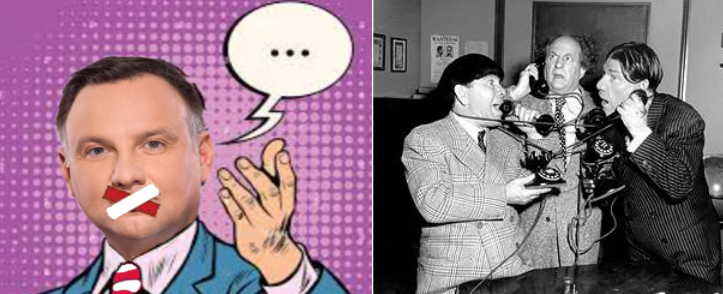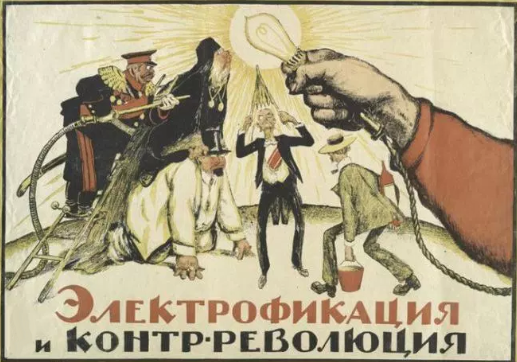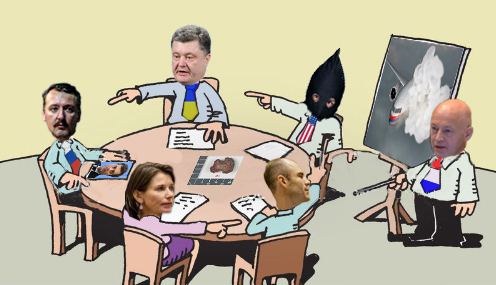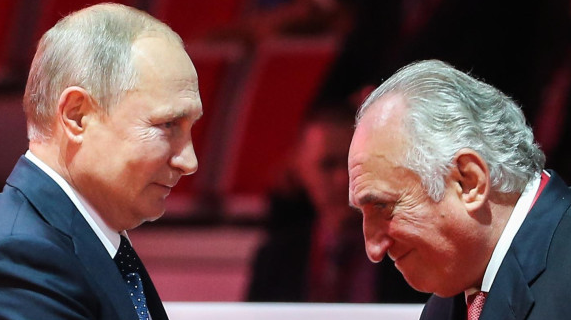

By John Helmer, Moscow
@bears_with
All states give titles, awards and medals to individuals who contribute exceptionally on the battlefield, in civilian life, and also in financing elections. The British House of Lords would be empty without soldiers who saved the monarch’s throne and businessmen who paid for the prime minister’s seat.
In Russia there is a special Kremlin medal for Russians who are also foreign country citizens. It’s called the Order of Friendship, and in the Kremlin decree of 2010 it was designed to honour “special merit in strengthening peace, friendship, cooperation and mutual understanding between peoples.” Among President Vladimir Putin’s acqaintances from St. Petersburg days who have received this award, its blue and black ribbons and medal are the wife and daughter of Gennady Timchenko who were citizens of Finland at the time. That was almost ten years ago; they have returned to live in Russia.
There is another Kremlin medal for Russians who prefer to be Russian citizens and live in Russia. It is known as the Order of Merit for the Fatherland. First created by President Boris Yeltsin in 1994, there are four classes of the order, one of which was reserved for military exploits. The citation declared that the award was for “citizens for particularly outstanding services related to the strengthening of the Russian statehood, the socio-economic development of the country, research activities, the development of culture and art, outstanding sporting achievements, strengthening peace, friendship and cooperation between peoples, for a significant contribution to strengthening the country’s defense capability.”
In 1997 the French President Jacques Chirac was awarded the Fatherland medal, 1st class, “for a great personal contribution to the development of cooperation and strengthening friendship between the peoples of Russia and France.” But that award to a foreigner was exceptional. It was not legalized until November 2021, when Putin issued a decree allowing the medal to “foreign citizens and stateless persons”.
A year later, on October 10, 2022, according to the Kremlin announcement, the Fatherland medal, 4th Class, was awarded to Vasily Anisimov (lead image, right) for his “contribution to the development of physical culture and popularization of domestic sports.” On that day, Anisimov had been a Croatian citizen for more than four months, according to an official notice he filed with the British government on June 2. He had also been a resident of Switzerland for the same amount of time, although Anisimov didn’t tell the British government until September 26.
On December 3 in London, the security of wealthy Russian businessmen living abroad with dual nationality was directly threatened by the arrest of Mikhail Fridman, the Alfa Bank, mobile telephone and supermarket oligarch. Fridman holds Israeli citizenship as well as Russian, according to the Israeli press.
In a response published Monday in Moscow, Vzglyad reported: “their real assets somehow keep them connected to their homeland…Those who are connected with the banking sector or retail have showed great inertia of thinking. Despite the fact that these people own billions, they do not always have time to keep track of the change in the goalposts of world politics…It is obvious that the so-called sacred right of private property does not exist in the West. On the example of Fridman, the rest will be arithmetic: their money needs to be invested in Russia and not withdrawn to who knows where. And in no case should one believe the ‘well-meaning’ people who, smiling, convince you that they consider you an equal. No, they don’t – and Fridman has just been given understand and feel this for himself.”
(more…)
